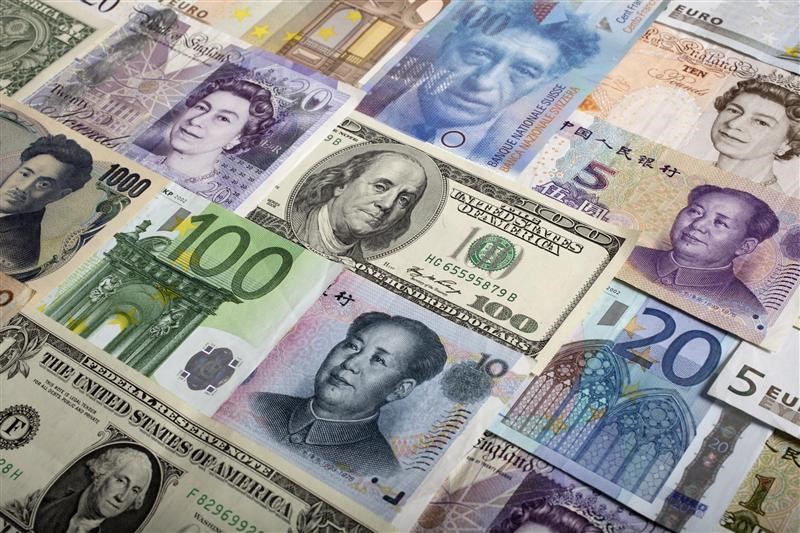Street Calls of the Week
Investing.com -- The Korean won has strengthened following the recent election as investors anticipate market reforms from the new administration. This optimism has helped Korean equities outperform U.S. stocks by 20% year-to-date, according to a new UBS report released this week.
Portfolio inflows have surged into Korean assets, with the bond curve now pricing in more than a one percentage point fiscal expansion. UBS analysts note that while the reforms agenda is positive, implementation hurdles and cyclical headwinds could slow momentum in the coming months.
The Korean won’s appreciation has been driven by two main factors: equity inflows and slower resident outflows. UBS analysts believe the currency is now fairly valued after being significantly undervalued in early Q2, suggesting further strengthening to the 1300 level would require another 10% outperformance from the KOSPI index plus several Federal Reserve rate cuts.
The National Pension Service (NPS) flows, which previously supported the won through repatriation and FX hedging, have temporarily suspended these activities. The fund has accelerated its offshore diversification year-to-date, while the won’s normalization has likely deactivated hedging activities, according to UBS.
UBS strategists suggest the yen/won cross could serve as an effective hedge against potential global growth slowdowns in the second half of the year. They note this currency pair has shown 85% correlation to cyclical versus defensive equities over the past five years, making it an attractive hedge against possible economic turbulence.
This article was generated with the support of AI and reviewed by an editor. For more information see our T&C.
